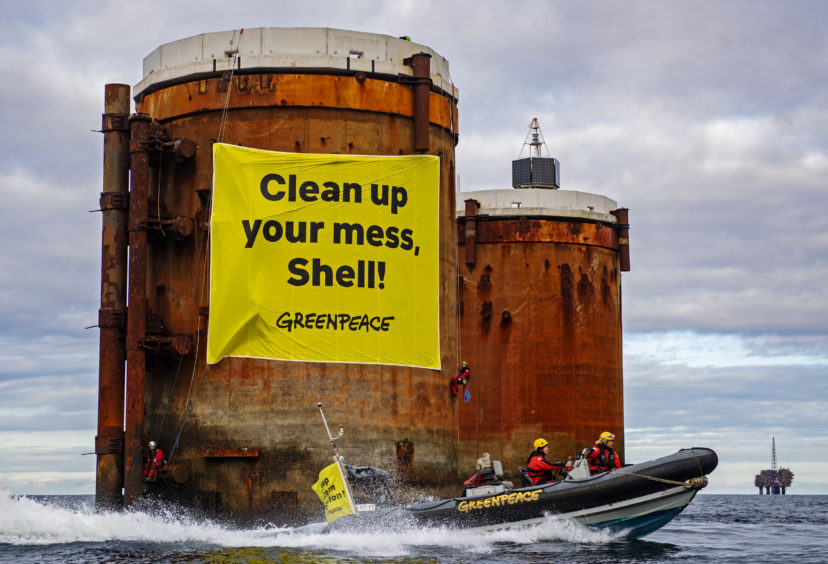
A decision is finally on the way for whether Shell will be allowed to leave the giant platform legs of the Brent field in the North Sea forever.
The industry has been awaiting a decision from the UK Government for years on whether it will indeed allow Shell to leave the Eiffel Tower-sized structures in place for the Brent Bravo, Charlie and Delta.
Though the platform legs are huge, environmental concerns are mainly centred on the impact of the thousands of tonnes of oil-sediment contents within them being released into the sea as they gradually degrade.
Shell is seeking a “derogation” to the Ospar convention – which requires complete removal of oil and gas infrastructure from the seabed – allowing it to leave the Brent legs, weighing 300,000 tonnes each, in situ.
Other Ospar parties such as Germany and the Netherlands have argued this would be “unacceptable”.
The decision, though, ultimately lies with the UK Government, and Shell said the decommissioning regulator OPRED is soon to disclose it.
“The UK regulator OPRED is expected to announce a final decision in the first half of 2022 on the proposed derogations to leave in place the gravity-based concrete structures of Brent Bravo, Brent Charlie and Brent Delta.”
Brent Charlie shut down production in March last year and it will be the last of the four Brent platforms to have its topsides removed – expected next year.
The Brent field has been subject to protests by activist groups in light of the plans to leave the legs – known as Gravity-Based Structures – in the North Sea.
It is estimated that around 11,000 tonnes of oil lie within the structures, however Shell states that this is not free-floating but bound to sediment comprised of sand, grit and water.
Shell argues it will take “centuries” for the Brent legs to degrade as the sediment is encased in concrete, while the safety risk and cost of removing these giant structures would outweigh any environmental benefit.
The Brents are among the older installations in the North Sea and the GBS, which the oil giant said were not made with removal in mind, are no longer used in construction.
A spokesperson for the Department for Business, Energy and Industrial Strategy said: “Decommissioning is undertaken in accordance with UK and international obligations, in a safe and cost-effective manner while minimising risk to the environment.”
Recommended for you

